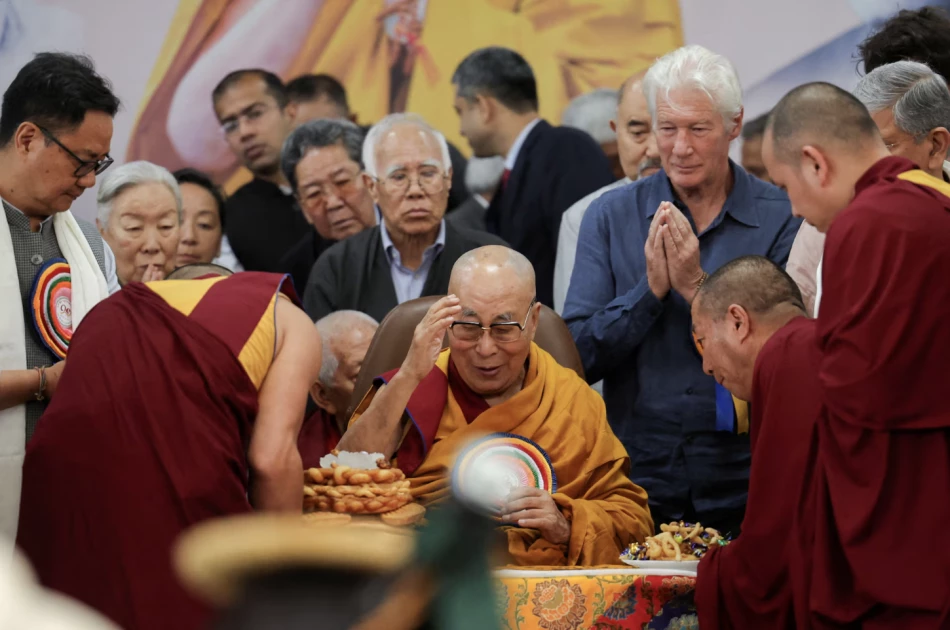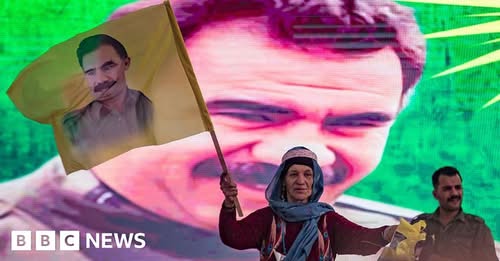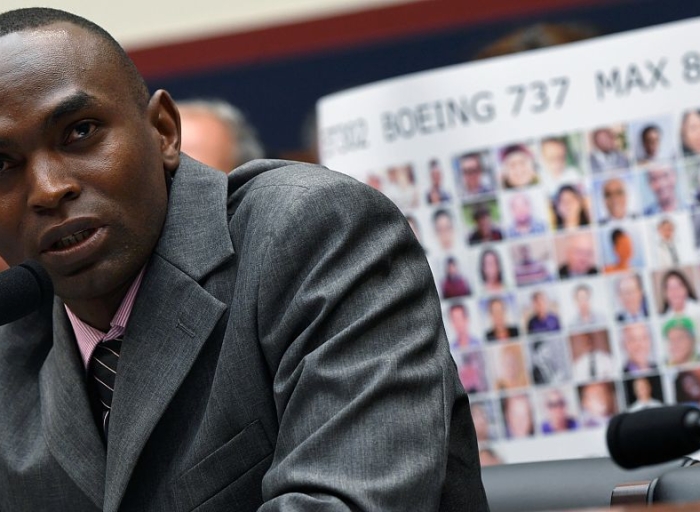As Indian External Affairs Minister S. Jaishankar prepares for his upcoming visit to China, tensions between the two Asian giants have resurfaced—this time over the contentious issue of the Dalai Lama’s succession.
The Chinese embassy in New Delhi issued a sharp statement on Sunday, warning that the succession of the Tibetan spiritual leader remains a “thorn” in bilateral relations. This comes days after senior Indian ministers, including Parliamentary and Minority Affairs Minister Kiren Rijiju, attended the Dalai Lama’s 90th birthday celebrations and publicly supported his stance that China has no role in determining his successor.
The Dalai Lama, who has lived in exile in India since fleeing Tibet in 1959 following a failed uprising, reiterated that only his office has the authority to decide on his reincarnation. This directly contradicts China’s position, which insists that any future Dalai Lama must be approved by Beijing.
The Chinese embassy’s spokesperson, Yu Jing, criticized recent remarks made by Indian strategic commentators and officials, cautioning them against interfering in what China considers an “internal affair.” She warned that playing the “Xizang card”—referring to Tibet—could backfire diplomatically for India.
India, home to around 70,000 Tibetans and the Tibetan government-in-exile, maintains that it does not interfere in matters of religious belief. In a statement ahead of the Dalai Lama’s birthday, India’s foreign ministry reiterated its neutral stance on spiritual matters.
Jaishankar’s visit to Tianjin on July 15 marks the highest-level engagement between the two countries since their 2020 border clashes in the Galwan Valley, which resulted in the deaths of 20 Indian and four Chinese soldiers. His trip follows recent talks between the Indian and Chinese defence ministers during a Shanghai Cooperation Organisation meeting, signaling a cautious thaw in strained ties.
However, the diplomatic overtures are being tested by the long-standing and sensitive issue of Tibet—a matter deeply tied to both geopolitics and faith. As the Dalai Lama’s succession becomes increasingly politicized, it remains a powerful symbol of the broader India-China rivalry.




